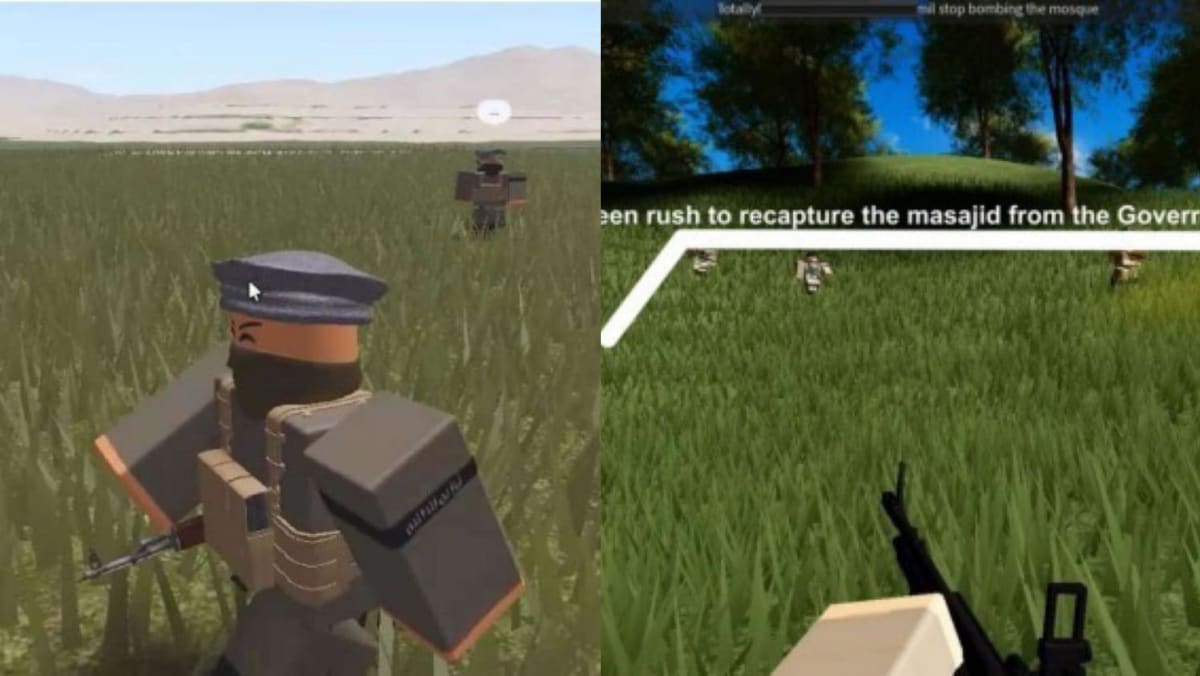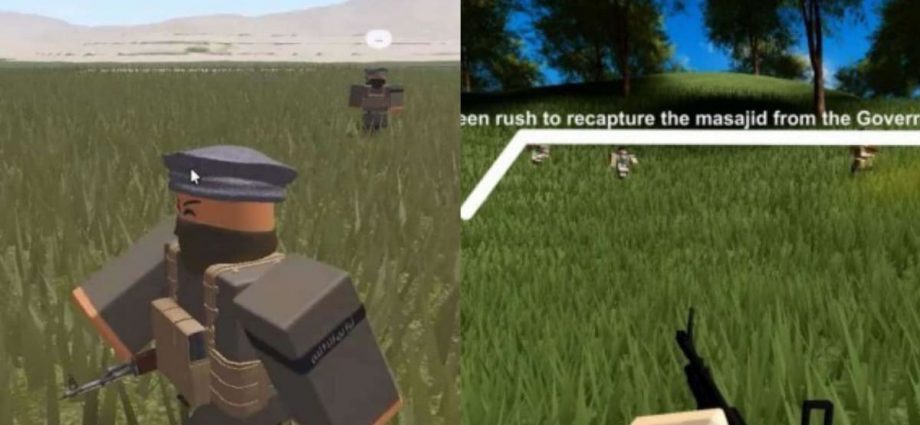
SINGAPORE: Two Singaporean teenagers were issued orders under the Internal Security Act (ISA) for terrorism-related activities, the Internal Security Department (ISD) said on Tuesday (Feb 21).
The first, a 15-year-old boy, was a Secondary 3 student at the time of his arrest in November 2022. Issued with a detention order, he is the youngest person so far to be dealt with under the ISA.
A 16-year-old Singaporean boy detained under the ISA in December 2020 was previously the youngest person to be dealt with under the law.
CONSIDERED ATTACKS IN TOURIST SPOTS
The 15-year-old had considered conducting attacks in Singapore, including using a knife to behead non-Muslims in popular tourist areas. He had also thought about being a suicide bomber, said ISD.
ISD said the student was self-radicalised early last year after first coming across podcasts by foreign segregationist preacher Ismail Menk.
Menk, a Zimbabwean Salafi preacher, has been banned from preaching in Singapore since 2015, because of his segregationist teachings, which promote religious disharmony.
“He was exposed to violent militant content including ISIS propaganda, and engaged in discussions with foreign personas who influenced him with their extremist beliefs,” ISD said.
“By mid-2022, he was deeply radicalised, having become convinced that armed violence was permissible against ‘disbelievers’. In his view, ‘disbelievers’ included Shia and Sufi Muslims, and non-Muslims.
“He also perceived those who ‘oppressed’ Muslims, enforced secular laws or obstructed the establishment of an Islamic caliphate, as ‘disbelievers’ who should be killed.”
ISD added the youth harboured a strong desire to live in an Islamic caliphate governed by Syariah or Islamic law.
The teen also considered travelling to Afghanistan for this purpose but had yet to undertake any preparations at the point of his arrest.
He was also willing to “support any group that was seeking to establish an Islamic caliphate in Singapore or abroad, including … participating in armed jihad and … viewed dying as a martyr to be the responsibility of all Muslims”, said ISD.
SUPPORT FOR ISLAMIC STATE AND AL-QAEDA
The boy expressed support for Islamic State and regarded the militant group’s killing of Shia Muslims and Yazidis as being “justified”, ISD said.
In August 2014, the Yazidi people, a religious minority living in the northern Iraqi region of Sinjar, were attacked by Islamic State militants, resulting in about 3,100 deaths in the first month.
The teen shared pro-Islamic State materials on his social media accounts, and tried unsuccessfully to purchase the group’s flag on e-commerce platforms in the latter half of 2022.
He also expressed support for Al-Qaeda, as he idolised the militant group’s late founder Osama bin Laden and viewed him as “a defender of Islam”.
The youth believed the terrorist group had defended Muslims from oppression, and regarded the 9/11 attacks as a justified act of retaliation against Americans who had killed “innocent Muslims”.
He made online postings expressing his support for Al-Qaeda by justifying violent actions carried out by its members.
The teen tried to share Islamic State and Al-Qaeda videos with his classmates, on top of trying to convince two foreign online contacts to join him in undertaking armed violence, but failed in his attempts to radicalise those he contacted, ISD added.
RESTRICTION ORDER ISSUED AGAINST ANOTHER TEENAGER
ISD also said on Wednesday that a 16-year-old boy was issued with a restriction order in January.
The Secondary 4 student, “had been self-radicalised by online ISIS propaganda, and believed in the use of armed violence to establish an Islamic caliphate”.
The teenager first came to the attention of the authorities in November 2020 when he was 14 years old.
ISD’s investigations then found that he had an interest in far-right extremist content, including those which were anti-Semitic and supportive of neo-Nazi groups whose ideologies promoted a “race war”.
The teen was also attracted to Islamic eschatological prophecies after watching YouTube videos, and had come across Islamic State songs from online music streaming platforms.
He was then assessed to be vulnerable to radicalisation and was cautioned by ISD to steer clear of extremist content online.
However, the youth continued to view Islamic State materials and engaged in discussions with other social media users about the group.
He became convinced of the group’s legitimacy and supported its “goal of creating an Islamic caliphate through violence, including through the use of beheadings, shootings, and suicide bombings,” ISD said.
The boy joined multiple Islamic State-themed servers on online gaming platform Roblox.
The virtual game settings replicated physical Islamic State conflict zones, such as those in Syria and Marawi city in the southern Philippines.
The youth regarded himself as a member of the militant group in these games and had taken the pledge of allegiance to be an in-game “leader”.
He acted as the “spokesperson” and “chief propagandist” for his in-game Islamic State faction, and said his support of the group in Roblox, such as shooting and killing of “enemies” in the game, was meant to mimic his desire to be a real-life member, ISD added.
To demonstrate his support for the Islamic State, he created and uploaded three propaganda videos onto social media between late 2021 and early 2022.
Using his Roblox game footage which showed the virtual Islamic State factions conducting attacks, the youth added the group’s nasheeds or songs, and superimposed images of its flag to create the videos.

